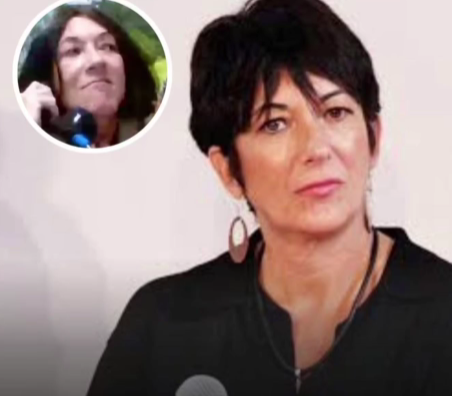Just days before Dershowitz’s remarks, two major courtroom rulings confirmed the ongoing restrictions around Epstein’s case files.
In Florida, U.S. District Judge Robin Rosenberg denied a Trump administration request to release grand jury transcripts tied to the original 2005–2007 Epstein investigation. The judge explained that federal law prevents her from doing so, writing in her 12-page opinion that “the Court’s hands are tied.”
Those grand jury sessions led to Epstein’s 2008 plea deal, where he served 13 months in a private jail on state charges — avoiding more severe federal sex trafficking counts.
Meanwhile, in another courtroom, a second judge also rejected Ghislaine Maxwell’s request to have similar materials unsealed, keeping much of Epstein’s network shrouded in secrecy.
Dershowitz insists that most of the names in the Epstein files have already been made public in past media reports and books. “You’d be shocked how few names remain undisclosed,” he said.
For now, it appears that both political leaders and the public will remain in the dark — not because of a government cover-up, but due to court orders and legal redactions still in place nearly two decades after Epstein’s first arrest.
